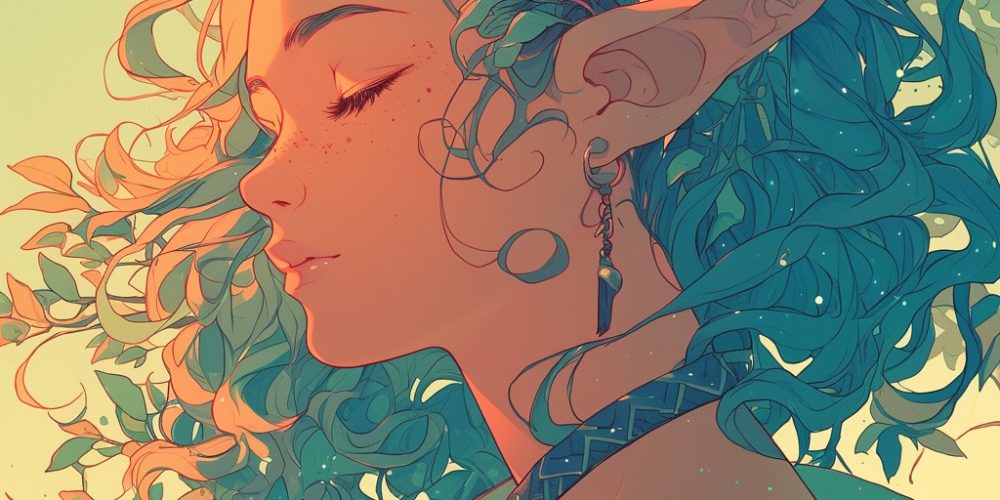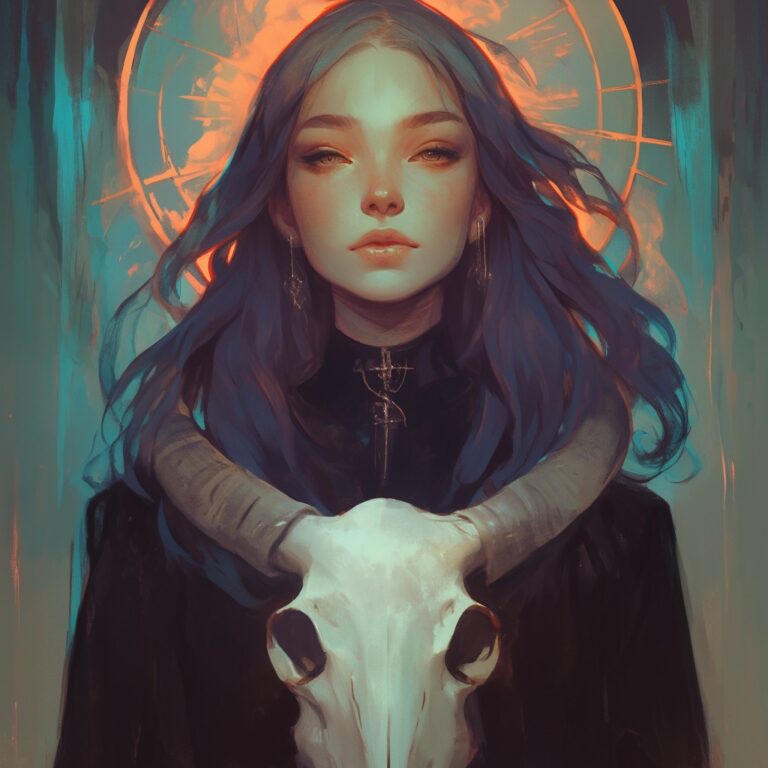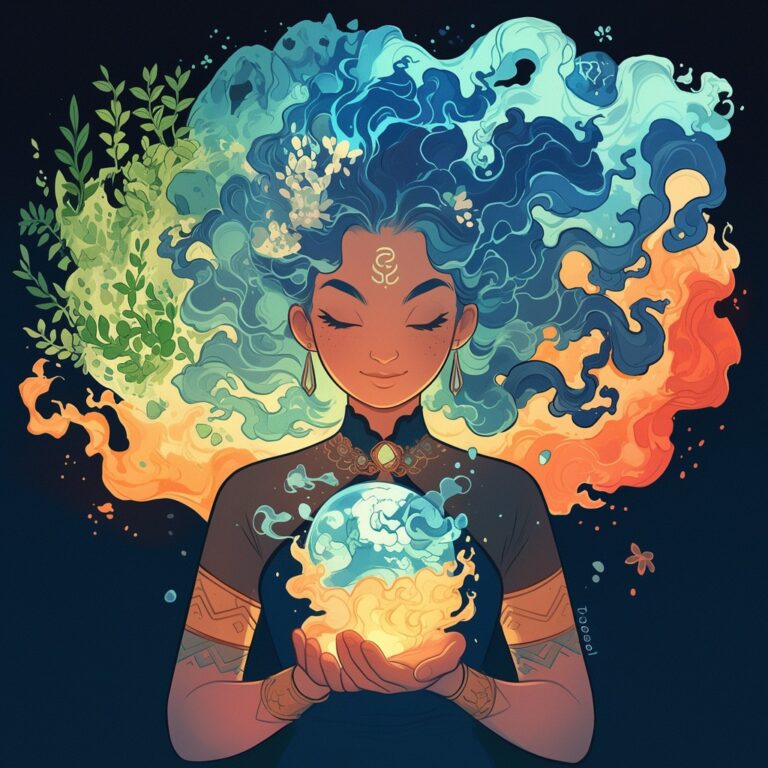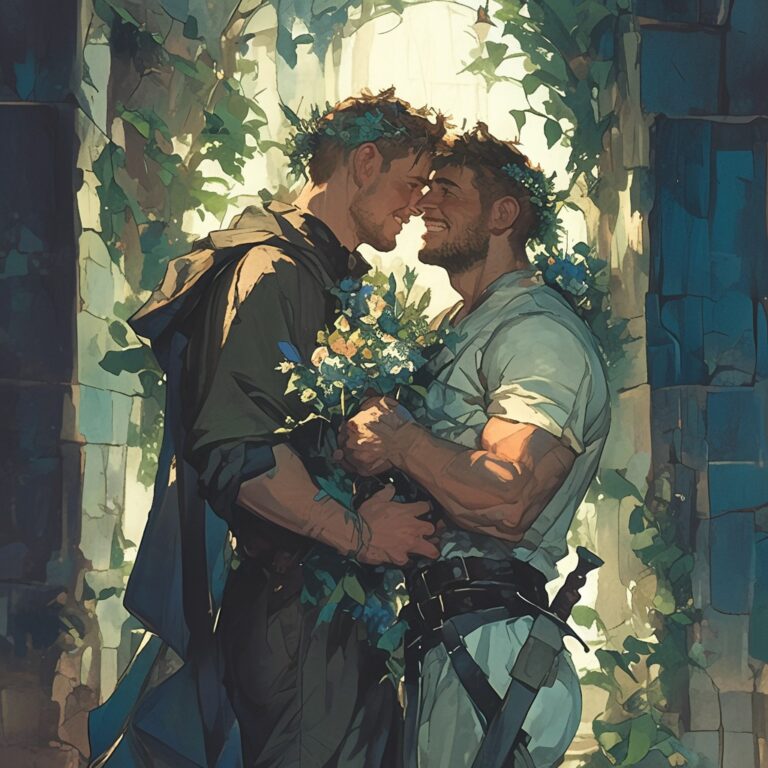Understanding Eclectic Paganism and its Expansion into Deity Worship
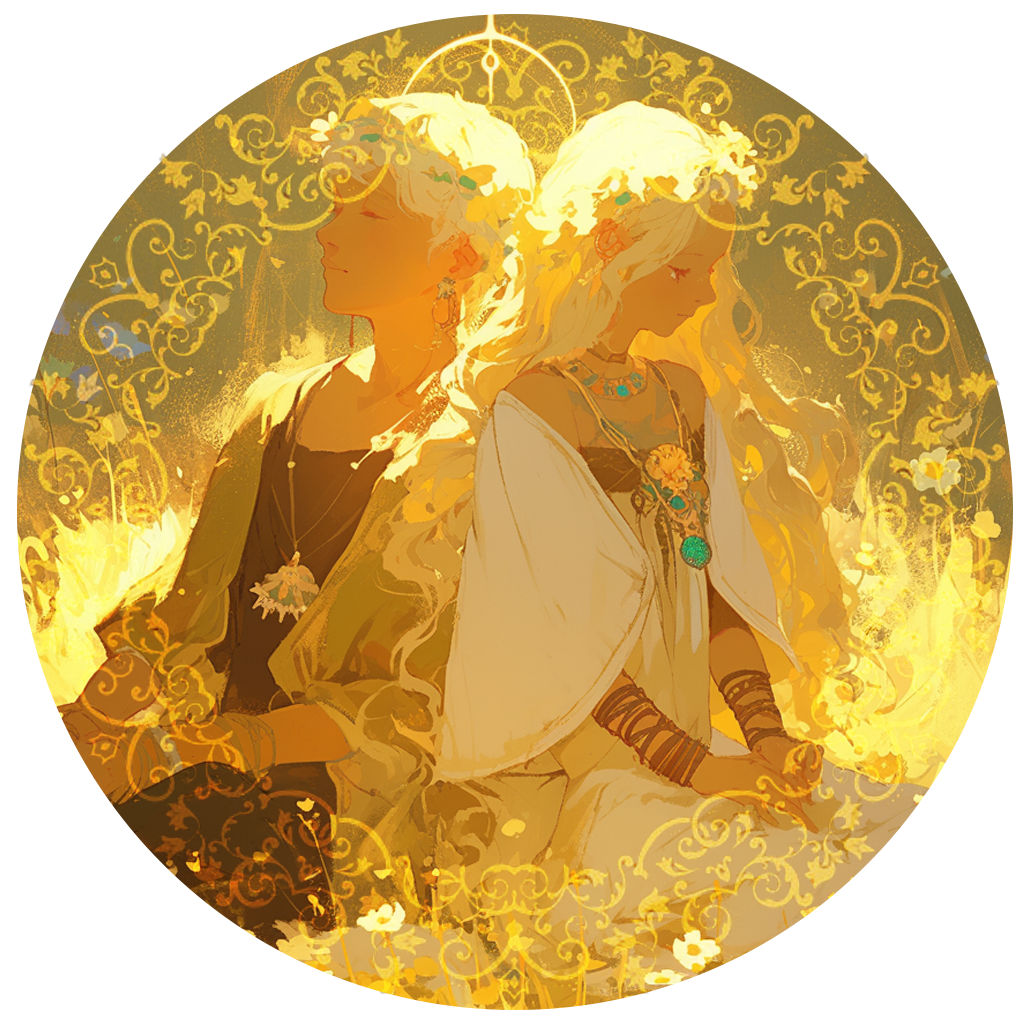
Eclectic Paganism primarily focuses on the self, emphasizing one’s inner connection to a greater deity, as well as the power of intention and energy. However, there exists a significant dimension of this spiritual practice that warrants exploration: the worship of gods and goddesses, collectively referred to as deities.
The Historical and Cultural Significance of Deities
Since the dawn of civilization, humanity has maintained a profound reverence for deities. The earliest recorded deities often took the form of goddess figures, frequently depicted as pregnant. This iconography underscores ancient societies’ veneration of women’s life-giving abilities, laying the groundwork for matriarchal structures that persisted for centuries. These early goddess-centric traditions profoundly shaped human culture and spiritual practices until the rise of Abrahamic religions, which began to dominate and influence modern Western culture.
Clarifying Concepts: Deity and Deities
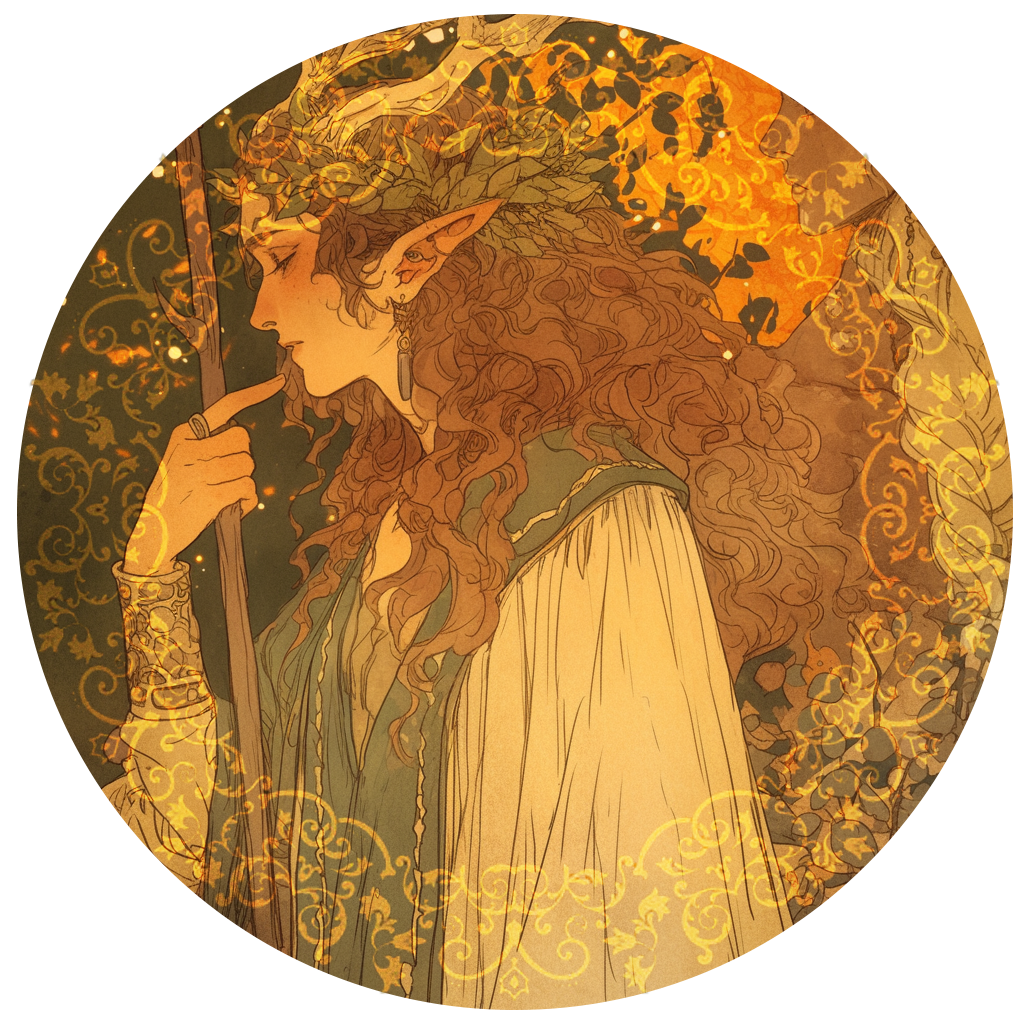
Eclectic Pagans often use the terms “Deity” and “Deities” interchangeably, which can sometimes lead to confusion. This practice stems from a belief in Ominism, which posits the interconnected conscious sentience of all things. In this context, “Deity” or “Goddess” represents the universal thread of life and consciousness that permeates all existence. This differs from Wiccan traditions, where terms like “The Mother” or “Gaia” carry specific definitions and dogmatic rules. Eclectic Pagans, however, prefer a more flexible approach, avoiding rigid adherence to these predefined concepts.
Understanding Deities in Eclectic Paganism
When Eclectic Pagans refer to “Deities,” they speak of the various gods and goddesses from ancient cultures, holding them with divinity and respect. These deities are revered, and practitioners seek to find those that resonate personally, incorporating them into their worship. This practice involves recognizing the gods and goddesses as distinct entities created from human thought and spirituality, emerging from the broader concept of “Deity.”
The Philosophical Distinction
It is essential to understand that in Eclectic Paganism, “Deity” and “Deities” are two separate yet philosophically interconnected concepts. “Deity” represents the overarching, universal consciousness and life force, often personified as a singular divine presence. In contrast, “Deities” refer to individual gods and goddesses, each with unique attributes and mythologies, who are manifestations or aspects of the greater “Deity.”
The Role of Deity and Deities in Spiritual Practice
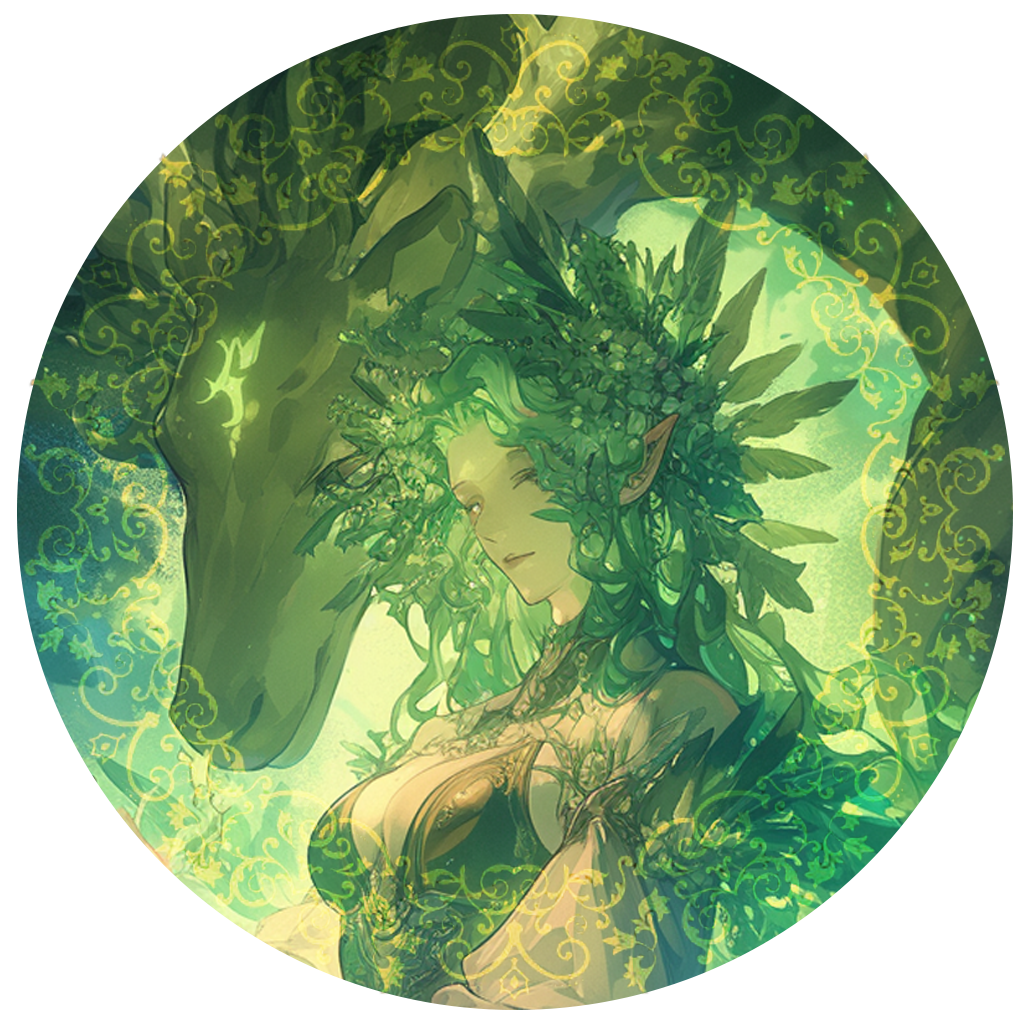
Eclectic Pagans’ spiritual practice involves a balance between honoring the universal “Deity” and venerating specific “Deities.” This approach allows for a personalized and diverse spiritual experience, where practitioners can connect with the divine in multiple forms. By acknowledging the greater “Deity” while respecting the individuality of various “Deities,” Eclectic Pagans cultivate a rich and inclusive spiritual landscape.
The Many Faces of Goddess
When delving into the study of Eclectic Paganism, particularly through literature emerging from the Neo-Pagan movement, one is likely to encounter a myriad of names and terms that essentially refer to the same concepts but with different labels. Wicca, in particular, often delineates strict boundaries between “Deity” and “Deities,” a distinction that Eclectic Paganism does not rigidly maintain. Historical studies reveal that such separations are not aligned with the true essence of Eclectic Paganism.
Unified Concepts in Varied Forms
Whether encountering the symbol of the triple moon goddess on a Neo-Pagan meditation guide or an image of Gaia, it is crucial to recognize that these representations aim to convey the same overarching concept. Understanding the fundamental ideas of “Deity” and “Deities” is key to grasping the essence of these texts, even if they carry inherent biases.
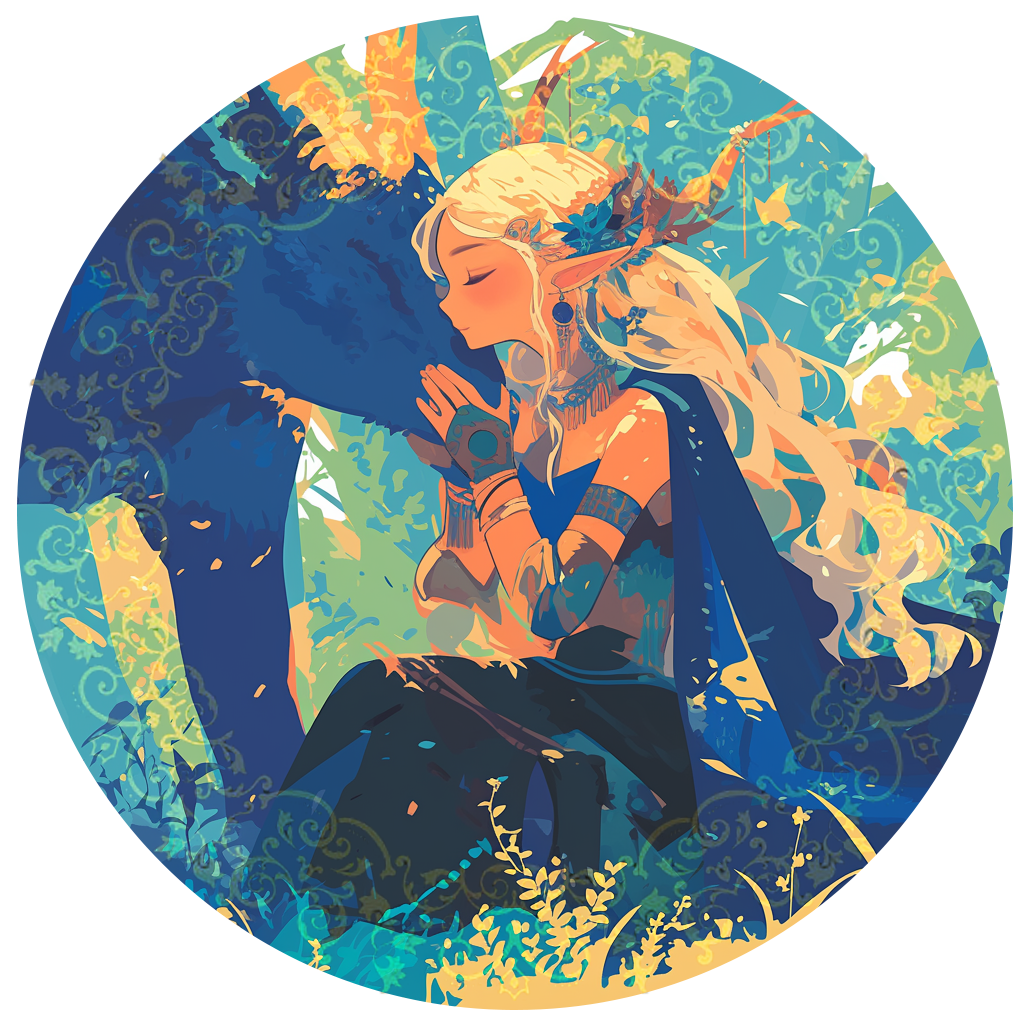
The Essence of Deity and Deities
In Eclectic Paganism, “Deity” often refers to the universal, interconnected consciousness that permeates all existence. This concept is akin to a divine life force or a supreme being that embodies the essence of all things. For example in Wicca, Gaia, the Earth Mother, is not just a deity of the earth but a personification of the planet’s life force and consciousness, when studying a Wiccan text, you’ll now be able to recognize Deity in an unbiased context.
Grasping the distinction and connection between “Deity” and “Deities” is essential for navigating the diverse and sometimes contradictory literature of Eclectic Paganism. By recognizing that different names and symbols often point to the same underlying concept, practitioners can better appreciate the rich tapestry of beliefs and practices within this spiritual tradition. This understanding allows for a more inclusive and flexible approach to spirituality, reflecting the true essence of Eclectic Paganism.

